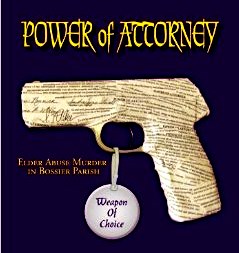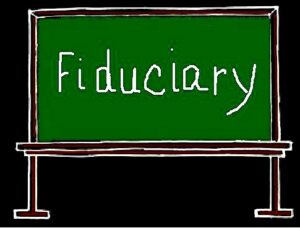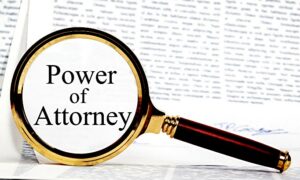A Power of Attorney almost by it’s very nature creates a fiduciary relationship between the Attorney and the Donor, and as such presents opportunity for financial abuse.
The Supreme Court of Canada in Gladstone v. Canada (Attorney General 2005 SCC 21 noted that while discretion, power and vulnerability are common characteristics of a fiduciary relationship, they are not necessarily determinative.
At the core of any fiduciary duty is the obligation of one party to act for the benefit of another.
The attorney is, by the nature of the instrument, given a discretion or power by the donor, and the ability to exercise that discretion in a manner that can effect the donor’s legal or personal interests.
Additionally, where there is subsequent mental deterioration of the donor, the donor becomes more and more reliant upon and vulnerable to the actions of the attorney.
It is an attorney’s duty, absent a specific provision which allows self-dealing, to use the power granted by the donor solely for the benefit of the donor, and not for the attorney’s own profit, benefit or advantage. Chapman ( Public Trustee of) v Watson 1985 BCJ 914. Consequently, the vast majority of attorney/donor relationships would also be fiduciary





